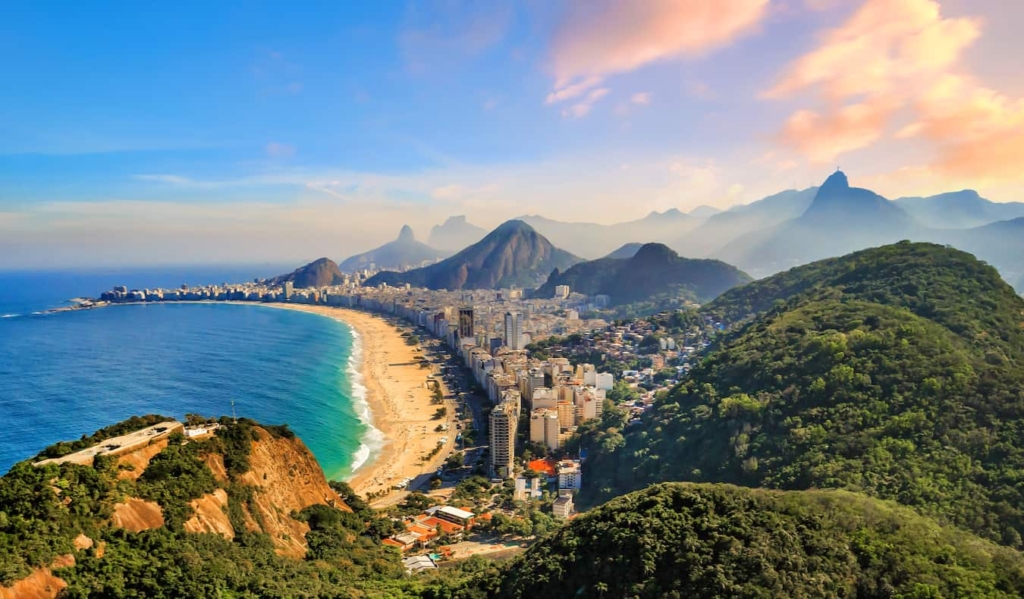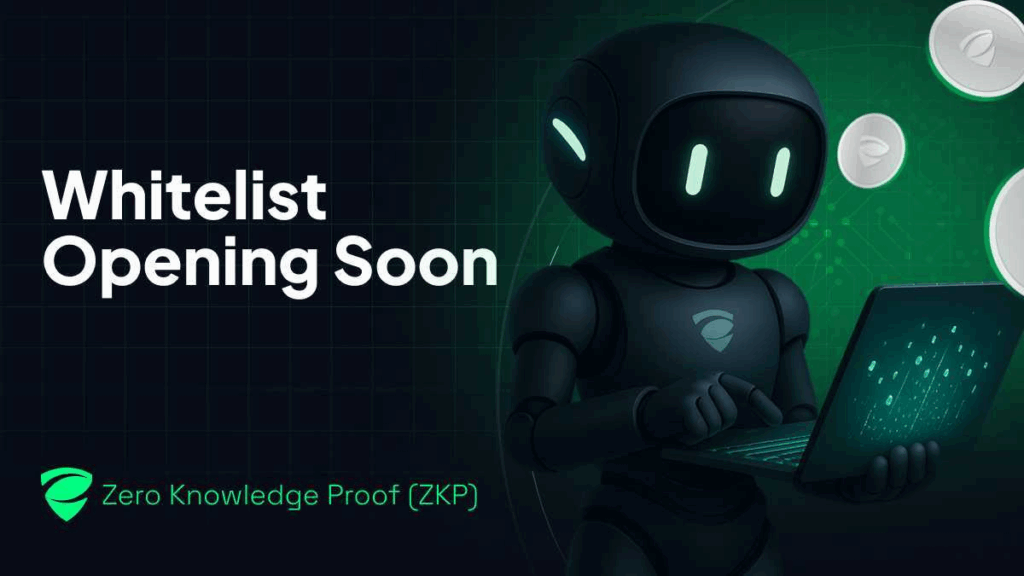Brazil’s Central Bank is making significant strides in its Drex central bank digital currency (CBDC) project by incorporating decentralized finance (DeFi) elements. Currently in its second pilot phase, the initiative aims to boost financial inclusion and enhance transaction efficiency in Brazil’s digital economy.
The pilot will test various applications, including the tokenization of real estate and the establishment of liquidity pools for public securities trading, utilizing smart contracts and decentralized ledger technology (DLT) for automated transactions and improved transparency.
The Central Bank believes that integrating DeFi features into Drex is essential for minimizing costs and risks associated with traditional banking. However, the full launch of the CBDC, initially planned for 2024, may be postponed until early 2025 due to ongoing regulatory considerations and the need for a robust framework governing digital currencies.
Roberto Campos Neto, the president of Banco Central do Brasil, emphasizes that focusing on DeFi is a crucial step in modernizing Brazil’s financial landscape.
The Central Bank is also advancing nationwide tokenization efforts through an Open Finance platform, which aims to provide users with diverse banking and payment options, including CBDCs.
This pilot program signifies Brazil’s commitment to creating a more inclusive and technologically advanced financial system, showcasing its ambition to lead in digital finance innovation.



